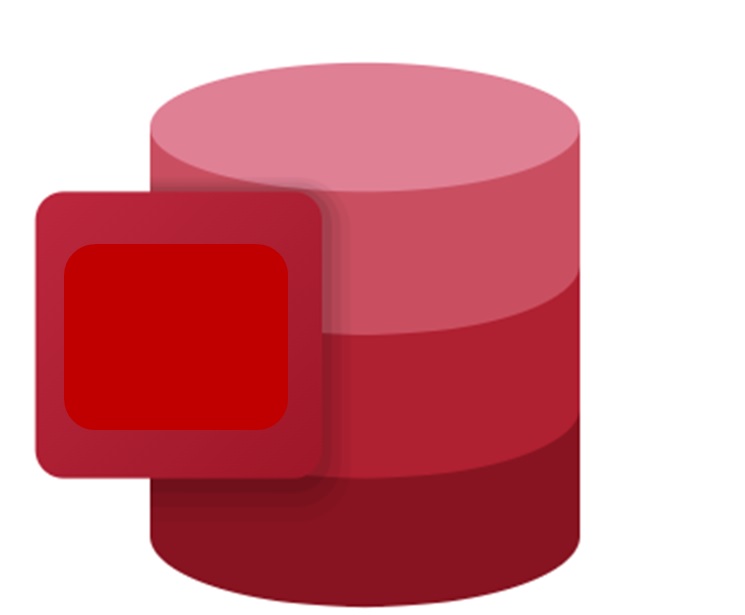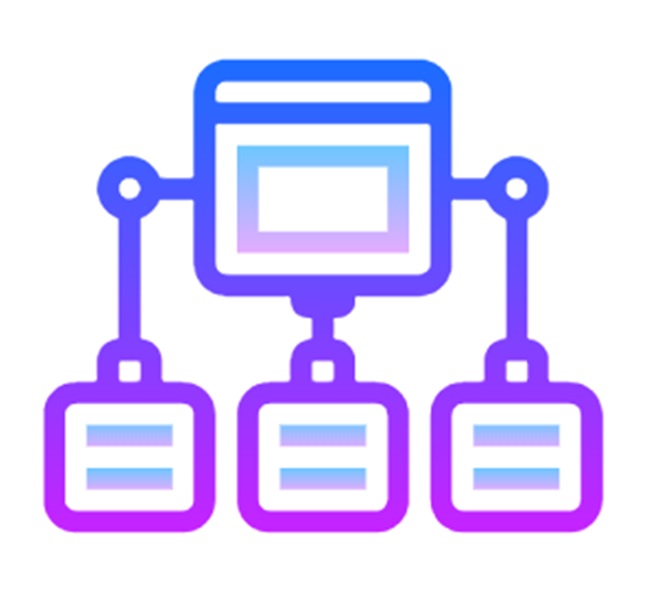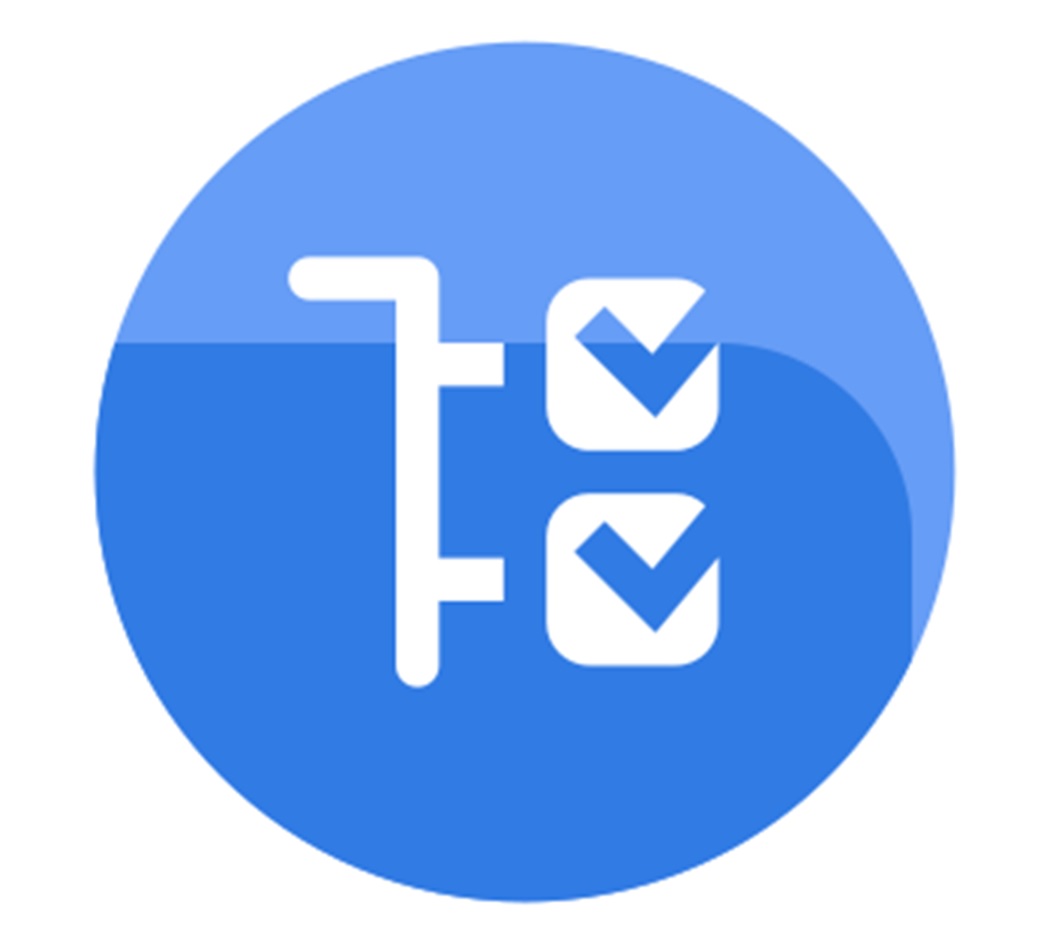Data MTD (Data Makes the Difference)
Data MTD is a technology-driven company that provides innovative data management solutions for professionals in the behavioral health and education sectors. Specializing in behavior analysis and applied behavior analysis (ABA), Data MTD offers advanced software platforms for data collection, assessment, and reporting, helping practitioners track client progress, conduct industry-standard assessments like the VB-MAPP and EFL, and make informed decisions. With a strong emphasis on compliance with regulations like HIPAA and FERPA, their cloud-based, customizable tools streamline workflow and enhance the quality of care in clinical and educational settings.
For more information on Data MTD, click here
Verbal Behavior Milestones Assessment and Placement Program (VB-MAPP)
The VB-MAPP is an assessment and skill-tracking tool based on B.F. Skinner's analysis of verbal behavior. It is widely used in applied behavior analysis (ABA) and is designed to measure language and social skills development, primarily for individuals with autism or other developmental disabilities.
The VB-MAPP consists of three main components:
- Milestones Assessment: This part measures 170 milestones across 16 domains, such as manding (requesting), tacting (labeling), listener skills, social skills, and more. The assessment tracks a child's language and learning progress and helps determine their current skill level.
- Barriers Assessment: This component identifies barriers to learning and communication, such as problem behaviors, prompt dependence, or generalization difficulties. Understanding these barriers allows practitioners to develop strategies to overcome them.
- Transition Assessment: This section evaluates whether the individual is ready to transition to a less restrictive educational environment, such as a general education classroom.
The VB-MAPP provides a clear framework for developing individualized intervention plans based on a child’s specific strengths and deficits. It’s ideal for young children or individuals with developmental delays as it focuses on early learning and communication skills.
The VB-MAPP Milestones Assessment
The VB-MAPP Barriers Assessment
The VB-MAPP Transition Assessment
The VB-MAPP Task Analysis and Supporting Skills
is used to determine an individual’s current language and social skills level.
provides an assessment of 24 common learning and language acquisition barriers faced by children with autism or other developmental disabilities.
contains 18 assessment areas and can help to identify whether a child is making meaningful progress and has acquired the skills necessary for learning in a less restrictive educational environment.
contains over 900 skills that are either pre-requisites for the milestones being acquired, or are other skills developing at about the same time typically developing children are acquiring those milestones.

For more information on this assessment tool, please click here
Essential for Living (EFL)
The Essential for Living (EFL) is a comprehensive curriculum and assessment tool specifically designed for individuals with moderate-to-severe disabilities, including those with autism, Down syndrome, and other developmental challenges. EFL places emphasis on skills that are critical for day-to-day living and communication.
Key aspects of the EFL:
- Functional Skills Focus: Unlike VB-MAPP, which focuses more on language milestones, the EFL prioritizes functional skills that enhance independence and quality of life. These include tasks like dressing, eating, using the restroom, and basic communication skills that individuals need to navigate everyday environments.
- Communication and Behavioral Skills: The EFL emphasizes both communication and behavior. It measures how individuals can request items (mands) or engage in other functional forms of communication. It also considers behaviors that interfere with the individual's ability to function independently and suggests interventions to reduce these barriers.
- Lifespan Utility: One of the unique aspects of EFL is its lifespan approach. It can be used with children, adolescents, and adults, making it a lifelong assessment tool, whereas VB-MAPP is typically used with younger children.
- Performance-based Criteria: EFL includes precise performance-based criteria for each skill, ensuring that individuals can consistently perform them before moving on to the next step. This ensures that critical life skills are mastered before advancing.
Benefits of EFL
- Promotes Independence: By focusing on functional skills, EFL equips individuals with the tools they need to live more independently and participate meaningfully in their communities.
- Individualized Instruction: The assessment and curriculum allow for personalized learning plans, ensuring that each learner receives the support they need.
- Enhances Quality of Life: By teaching practical skills that individuals will use every day, EFL significantly improves the quality of life for learners and their families.
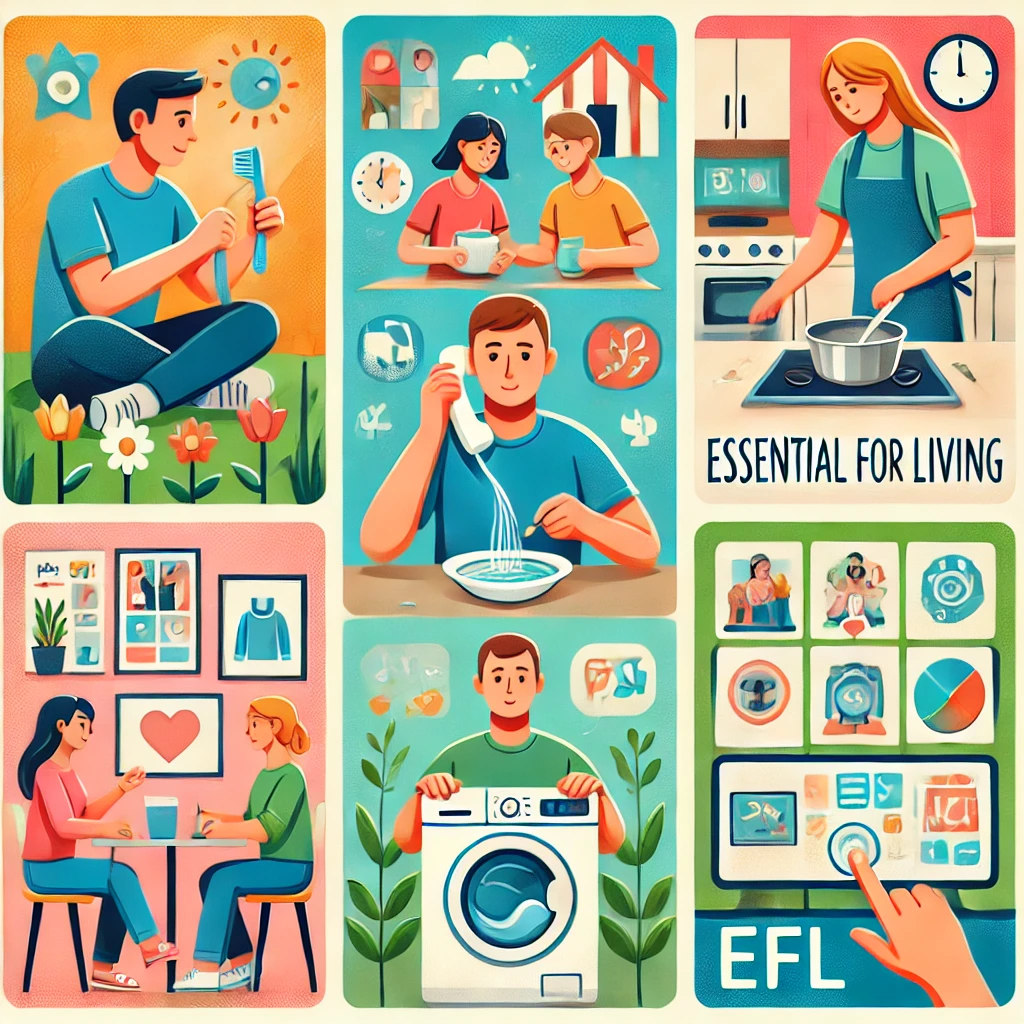
For more information on this assessment tool, please click here
Comparison & Use for Web Assessment
- VB-MAPP focuses heavily on language development and learning in early childhood and is particularly useful for web platforms that focus on educational or developmental services for young children with autism.
- EFL is more comprehensive in terms of daily living skills and communication, making it a valuable tool for web pages aimed at supporting children, adolescents, and adults with more severe disabilities.
Both tools provide frameworks that could be helpful for organizing content or services on a website, especially if it’s focused on providing resources for developmental or behavioral interventions.



